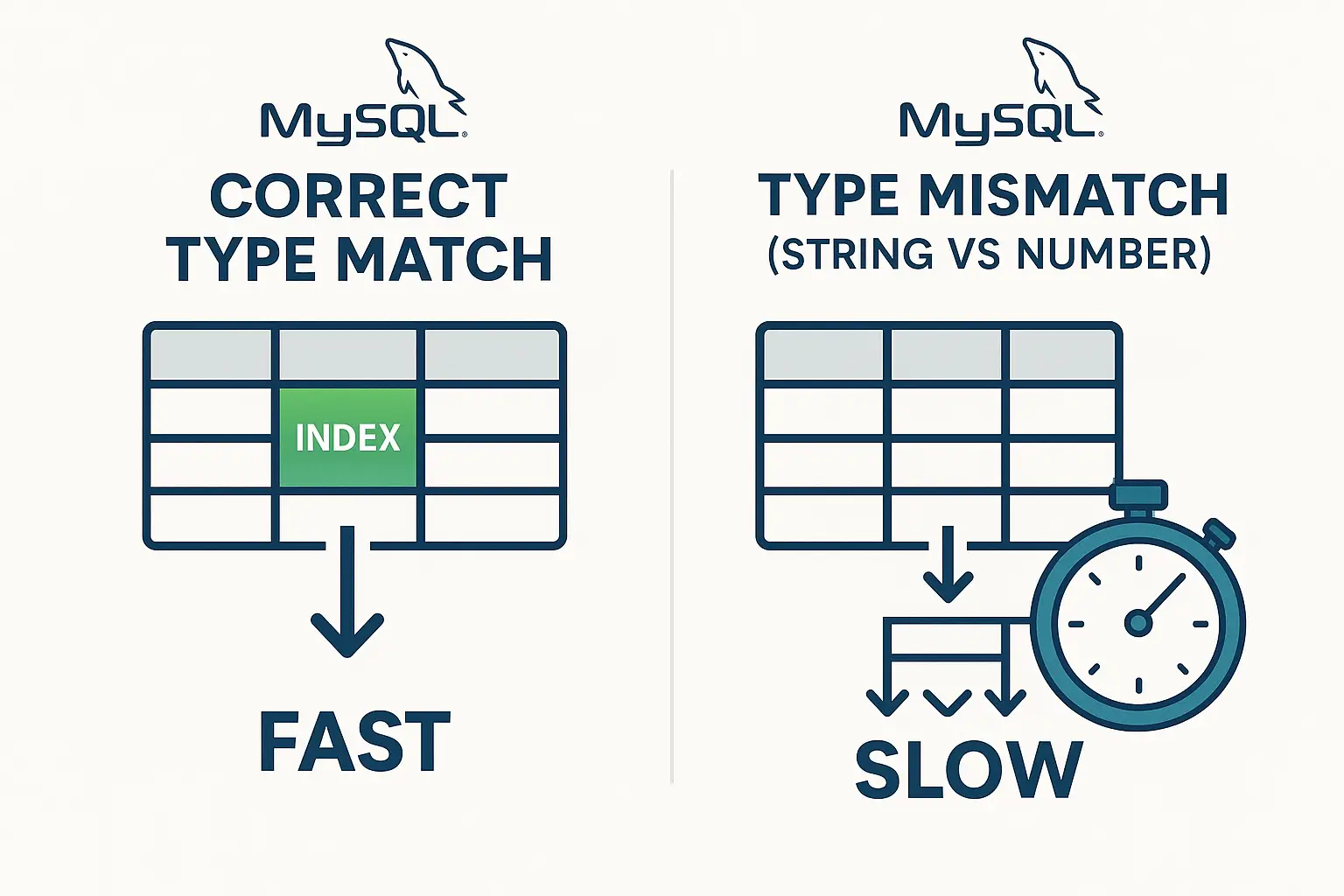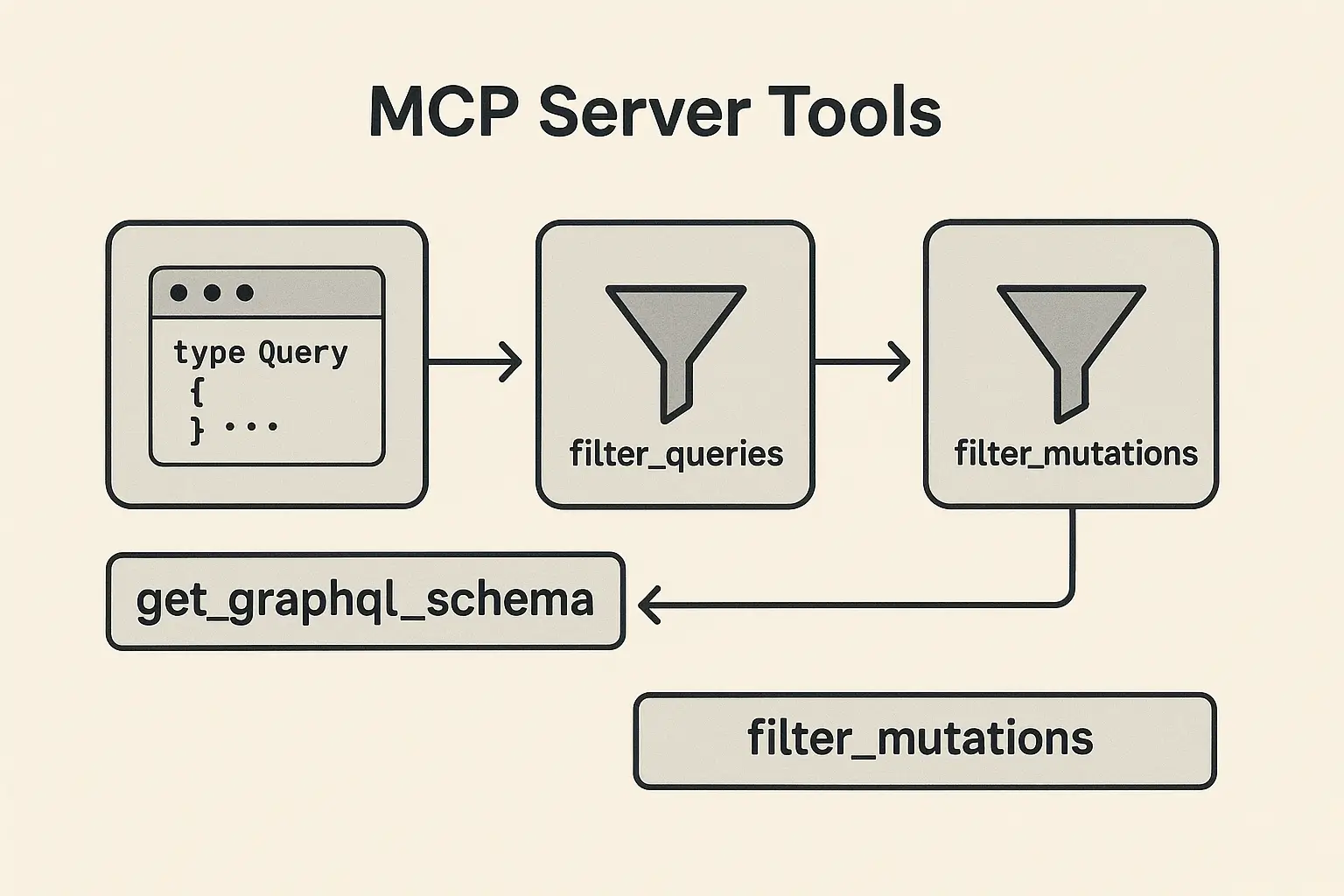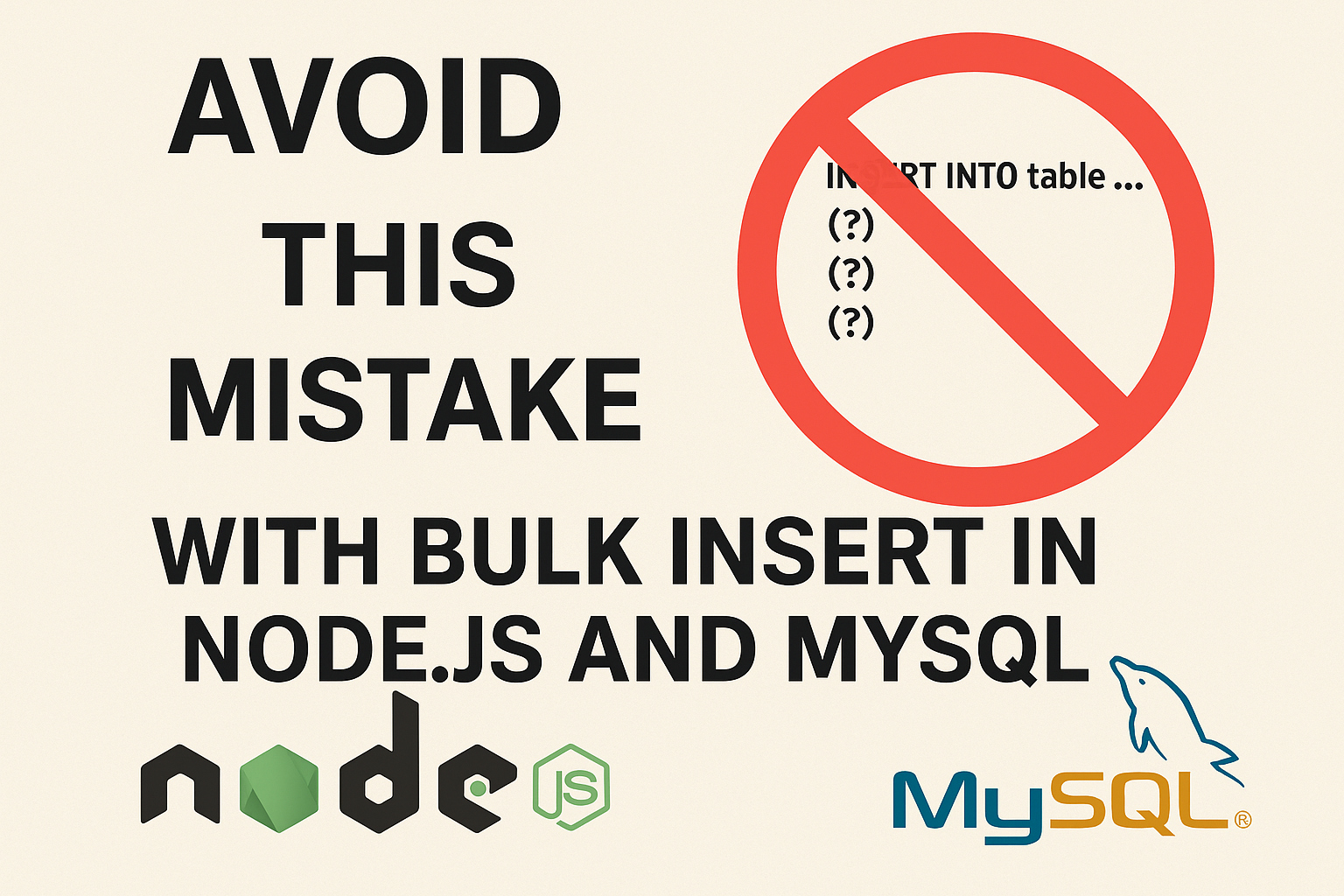MySQL Performance Pitfall: Querying a String Column with a Number
When working with MySQL, it’s common to have columns stored as strings (VARCHAR, CHAR, TEXT).
But what happens if you accidentally query a string column using a number instead of a string?
It may seem harmless — MySQL will still return results — but this small mistake can have major performance and correctness issues.
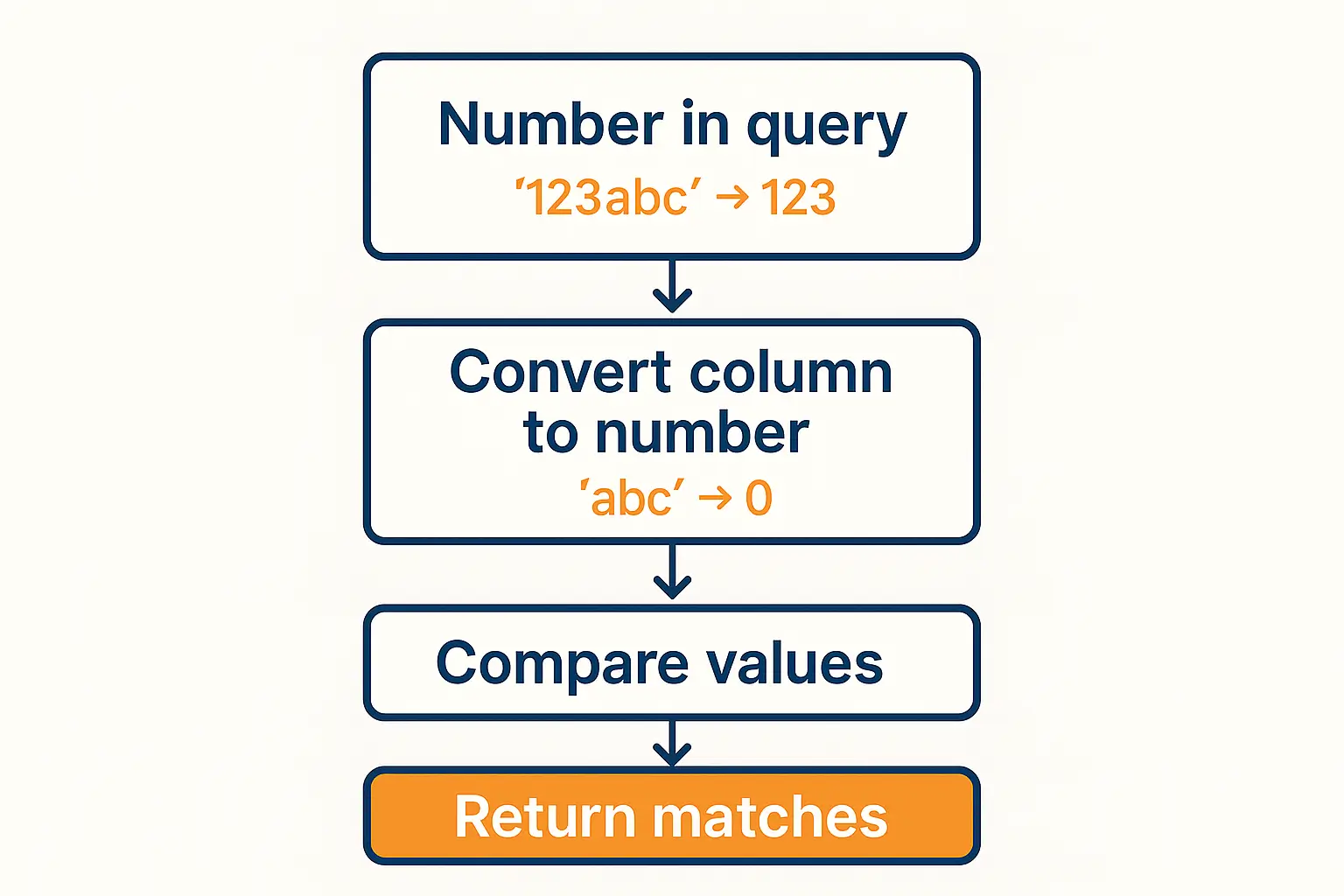
1. How MySQL Handles This
When you compare a string column to a number:
SELECT * FROM users WHERE phone = 12345;
MySQL automatically performs implicit type conversion:
- The
phonecolumn (string) is converted to a number for every row. - Comparison happens using numeric values, not string values.
- If the string starts with a number, MySQL uses that number.
- If the string starts with non-numeric characters, MySQL treats it as
0.
Example behavior:
SELECT '123abc' = 123; -- TRUE
SELECT '00123' = 123; -- TRUE
SELECT 'abc123' = 123; -- FALSE
SELECT 'abc' = 0; -- TRUE
2. Why This Hurts Performance

If your column is indexed, you probably expect MySQL to do a fast index lookup.
However, when you query using a number on a string column:
- MySQL cannot directly use the index because it has to convert every row’s value.
- Instead of an index seek, it performs a full table scan (or index scan).
- This slows down queries significantly on large datasets.
Example with EXPLAIN:
-- Slower: implicit conversion
EXPLAIN SELECT * FROM users WHERE phone = 12345;
-- type: ALL (full table scan)
-- Faster: correct type
EXPLAIN SELECT * FROM users WHERE phone = '12345';
-- type: ref (index lookup)
3. Risk of Wrong Results
Using a number on a string column can cause unexpected matches.
Example:
phone | Matches 12345?
------------|--------------
'12345' | ✅
'0012345' | ✅
'12345abc' | ✅
'abc12345' | ❌
'hello' | ✅ if comparing to 0
These unexpected matches can:
- Cause data errors.
- Return incorrect rows.
- Increase filtering work for MySQL.
4. Best Practices to Avoid This
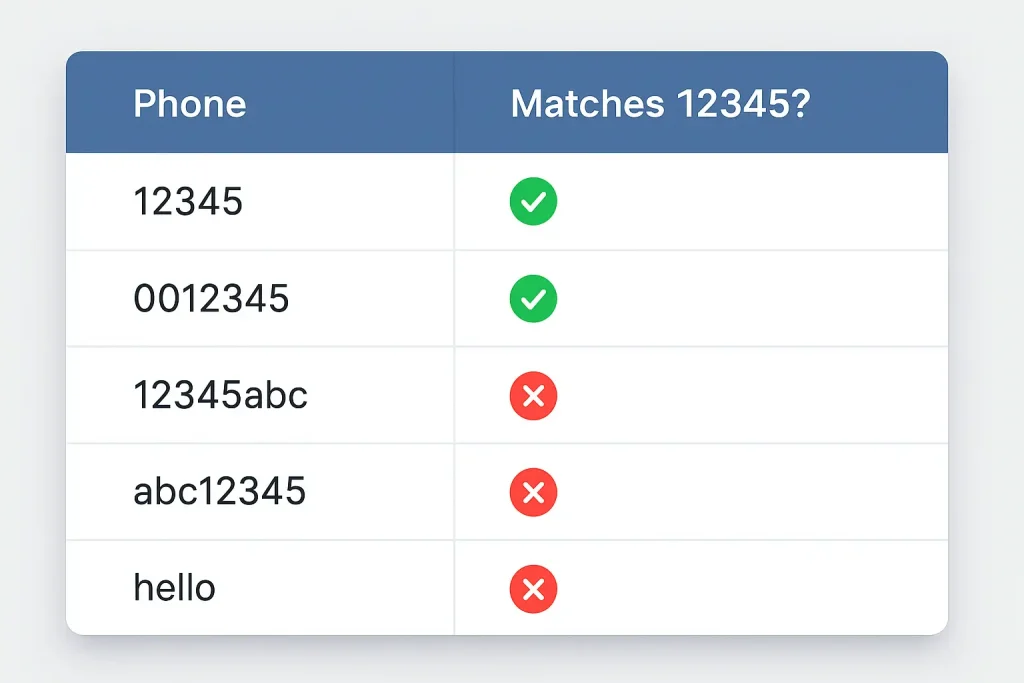
✅ Store numeric data in numeric columns (INT, BIGINT, DECIMAL).
✅ Always use matching data types in queries.
✅ If you must store numbers as strings, quote them in queries:
SELECT * FROM users WHERE phone = '12345';
✅ Use explicit casting if necessary:
SELECT * FROM users WHERE CAST(phone AS UNSIGNED) = 12345;
⚠️ Avoid mixing types unless absolutely necessary — it’s bad for both performance and accuracy.
5. Key Takeaway
Mixing numbers and strings in MySQL comparisons forces implicit conversions, which:
- Breaks index usage.
- Slows down queries.
- Risks returning wrong results.
A simple fix — store data in the correct type and query with the right type — can save you from painful performance problems later.
